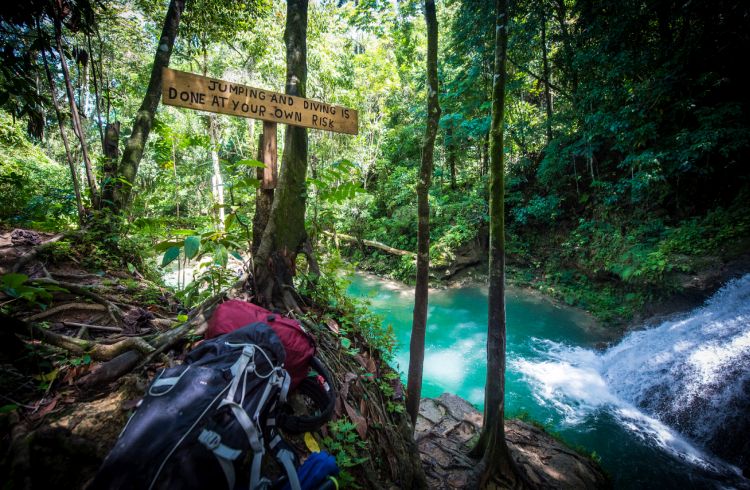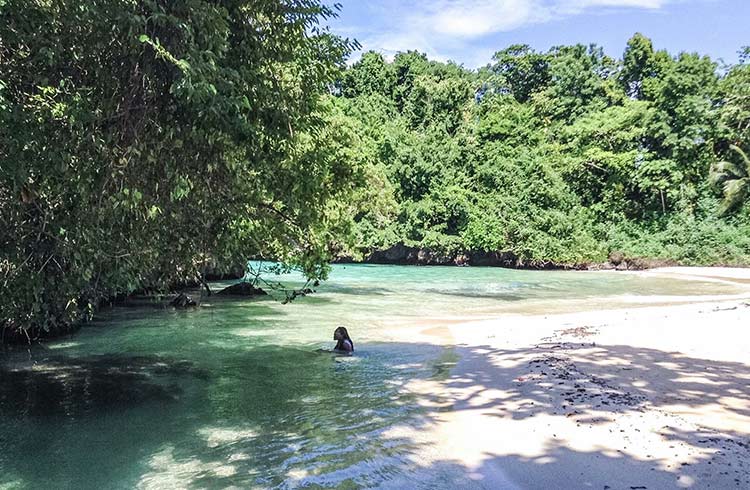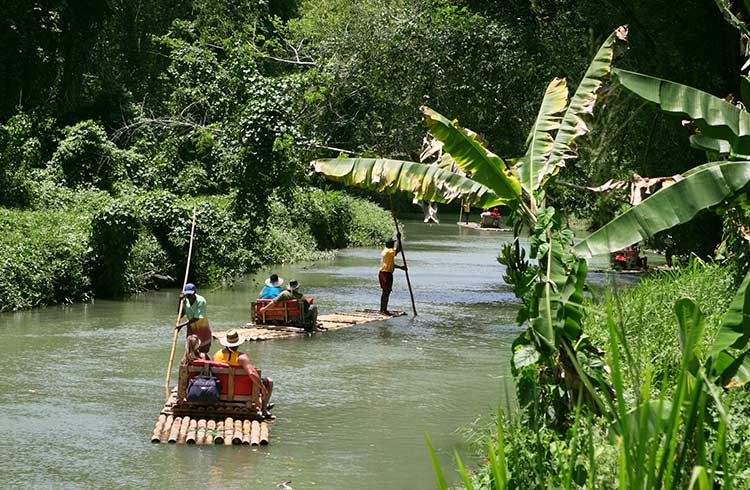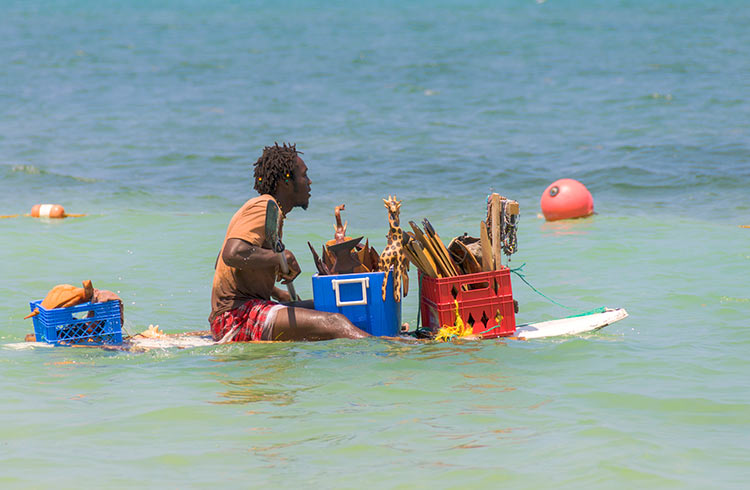6 Things You Need to Know to Stay Healthy in Jamaica
What vaccinations do you need for Jamaica? From hurricanes to health issues, our safety expert shares her tips on how you can avoid getting sick on your Jamaican vacation.
 Photo © iStock/johany
Photo © iStock/johany
Here are a few essential tips so you can stay safe and healthy while traveling this tropical paradise.
- Medical treatment in Jamaica
- Vaccinations for Jamaica
- Food and water borne diseases
- Insect borne diseases
- HIV/AIDS
- Natural hazards in Jamaica
1. Medical treatment in Jamaica
Medical treatment is available in Jamaica’s major towns and cities, however the standards of care vary. Emergency services are only available in Kingston and Montego Bay.
In more rural locations, medical services may not be available at all. It is advised to take out comprehensive travel insurance before departure particularly to cover serious and emergency medical situations.
Should you need to see a doctor while in Jamaica, it’s a good idea to ask your hotel or hostel for a recommendation or contact your embassy (if present in Jamaica). However, it’s likely that any medical facility will require payment up front regardless of your travel insurance so be prepared for that.
Bring any medications you may need and a doctor’s letter with you as there are no guarantees that there will be supplies of medications available at pharmacies.
For the scuba divers heading to Jamaica, a hyperbaric chamber is located at the Discovery Bay Marine Lab near Ocho Rios.
2. Vaccinations for Jamaica
Check with your travel doctor for the right information on which vaccinations or booster shots you require before going to Jamaica. Always top up your routine vaccinations, and make sure you are vaccinated against Hepatitis A and typhoid, as outbreaks do occur from time to time.
If you are traveling to Jamaica from a yellow fever endemic country, you will need proof of vaccination to enter Jamaica.
Many of these illnesses exhibit similar symptoms; so if you start feeling noticeably under the weather or things feel like they are getting worse, visit the nearest hospital so you can be treated for the correct condition.
3. Food and water-borne diseases in Jamaica
Traveler’s diarrhea
This illness strikes travelers no matter where they are but you can try to prevent spending days feeling like death warmed up by practicing good hygiene, avoiding iced drinks, peeling fruit and vegetables before eating and avoiding raw/undercooked foods. The local tap water is generally safe to drink in the cities but for the sake of not losing days on your trip, boil or treat the water.
Hepatitis A
One of the main diseases travelers need to be vaccinated for as it’s transmitted via contaminated food and water or unclean cups and utensils. As you would for traveler’s diarrhea, good personal and food hygiene practices are not overrated.
Typhoid
If you are planning to tour outside the major cities and towns, it’s worth getting a typhoid vaccination. Always observe good hygiene practices and take care with food and water consumption as you would for traveler’s diarrhea and Hepatitis A.
Swimming at local beaches
After major rain events, some beaches have poor water quality due to stormwater fall outs including fecal contamination. Check with locals before jumping in for that cool off dip and avoid swimming just after the rain.
Ciguatera poisoning
This fish toxin is prevalent throughout the Caribbean including Jamaica and mainly found in reef-dwelling fish species such as snapper, sea bass, grouper, barracuda and jack. The toxin is not destroyed during cooking so avoid these fish types when dining.
4. Insect borne diseases
The following mosquito borne diseases have been detected in Jamaica.
- Zika virus
- Dengue fever
- Malaria
- Chikungunya
There are no vaccinations available (aside from Malaria medication which has a range of side effects), however you can take preventative measures to minimize the chance of being bitten.
No See Ums
Also known as midges or for the Aussies, sandflies. These little beasties congregate near water whether it’s a lake or a puddle and their bites are itchy as. Like you would for mosquitos, cover up and wear a repellent.
5. HIV/AIDS
Jamaica has one of the highest rates of HIV/AIDS infections in the Caribbean region, with an estimated 40,000 people living with it in 2018. According to UNAIDS, only 31% of those suffering from the disease in 2018 were receiving medical treatment.
While the risk to travelers is low, however, it is advised that you avoid any sexual relations or getting a holiday tattoo due to the risk of infection via unhygenic needles.
6. Natural hazards in Jamaica
Monsoon season
Jamaica has two seasons of rain, May and during the hurricane season. There have been recorded instances of major flooding in Jamaica due to high rainfall, which can leave roads unusable and towns flooded.
Hurricanes
Like most nations in the Caribbean, Jamaica gets swiped by mother nature occasionally. In 2017, Hurricanes Irma and Maria pretty much dodged the island, though unfortunately other Caribbean countries weren’t so lucky and suffered extensive damage. Hurricane season runs from June to November, and local weather forecasts give adequate warning in case you need to evacuate or bunker down.
Earthquakes
Jamaica is located near the boundary of two tectonic plates, making it susceptible to the odd rattle. The last time Jamaica experienced a major earthquake was in 1993 in Kingston, which is also the most seismically active spot in the country. In 2017, 92 earthquakes were reported. Find out how to stay safe during an earthquake with these tips from Stephanie Hubbard.
Related articles
Simple and flexible travel insurance
You can buy at home or while traveling, and claim online from anywhere in the world. With 150+ adventure activities covered and 24/7 emergency assistance.
Get a quote


No Comments